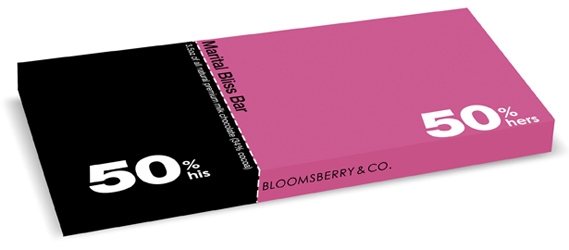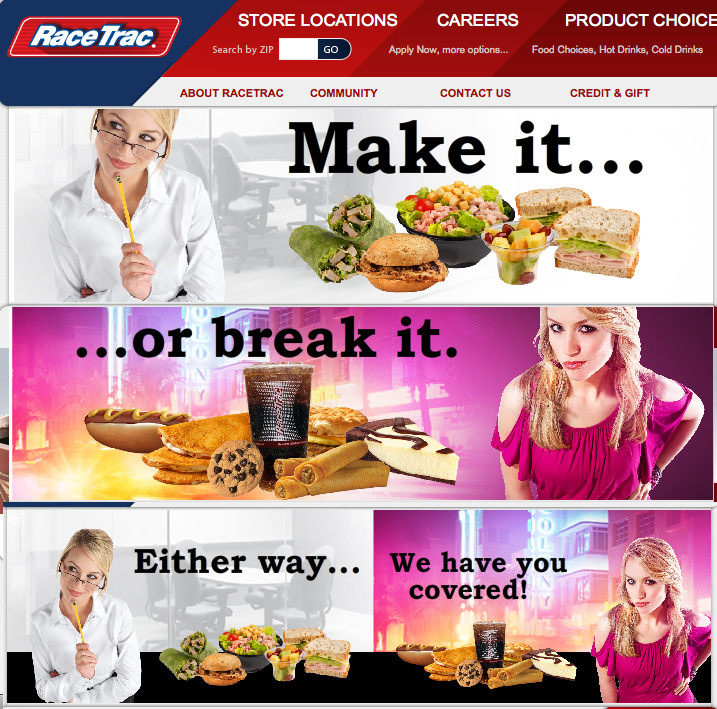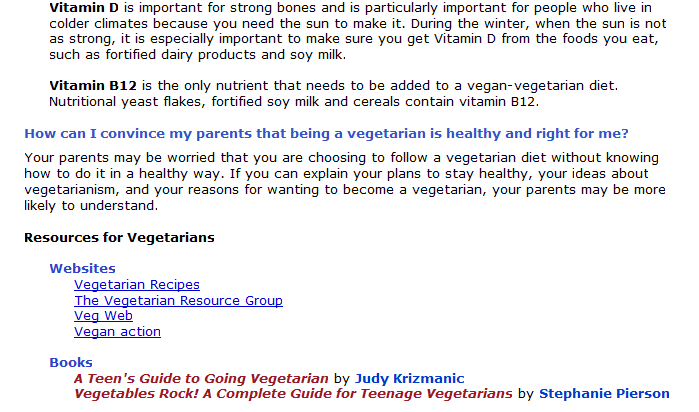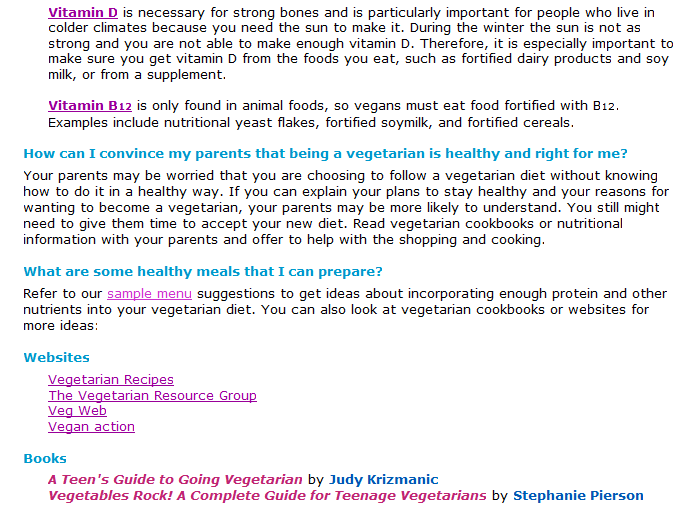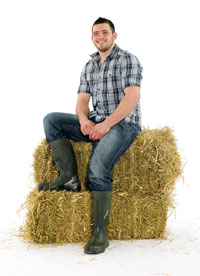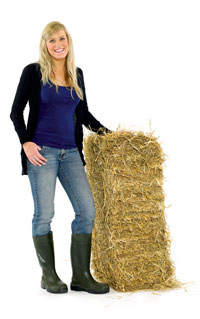The Marital Bliss Bar, sent in by Chenoa A.:
The description of the candy bar at the source says:
Here’s a sweet way for “soon-to-be-married” or “brand-new” grooms to get used to the fact that they’ll have to re-learn how to calculate percentages once married….talk about new math!
So, just to be clear, the narrative is:
Guys… in marriage, women get more; getting used to it is the only way you’re going to be happy.
Turns out the data suggest otherwise. The following things are true, on average:
1. Married men are happier than unmarried men. But the opposite is true for women. Unmarried women are happier than married women.
2. Women are more likely to file for divorce than men and, after divorce, women are happier, while men are less happy.
And yet, time and again, we’re told that getting men hate the idea of getting married and are wives are such a drag (see here and here for examples).
(One of the reasons, by the way, that women are less happy in marriage is because they do a disproportionate amount of housework and childcare.)
Lisa Wade, PhD is an Associate Professor at Tulane University. She is the author of American Hookup, a book about college sexual culture; a textbook about gender; and a forthcoming introductory text: Terrible Magnificent Sociology. You can follow her on Twitter and Instagram.

